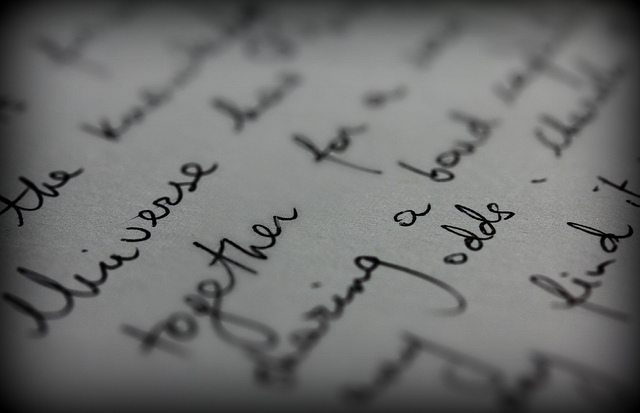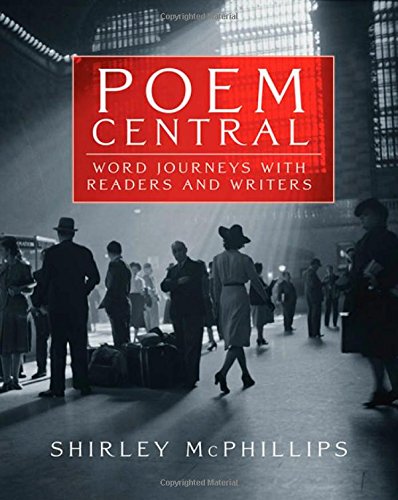When a writing group is good, it's really good. You feel the beautiful zing of creativity and connection.
When it's bad, it's really bad. You feel the swampy buckle of endless muck.
I've taken part in all sorts of writer get-togethers, from cozy gatherings to sprawling groups. From weekly to monthly. From brand-new to long-established.
I've bumbled through and left discouraged. And, I've come alive, feeling energized and encouraged.
Because writing groups come in many sizes and shapes, I quickly learned to know what I want before wading in:
A group in which other writers critique my work? A group in which we generate new work through writing prompts? A discussion group, in which we would share literary news and ideas?
And how much group do I want: An on-going commitment, or an occasional drop-in? Weekly, monthly, quarterly? Or ditch the face-to-face and "meet" digitally?
Time and trial have taught me that three ingredients are crucial for writing group success: structure, expectation, and ground rules. No amount of enthusiasm can save a writing group if it doesn't carry a practical purpose and clear direction.
Writing Group Ground Rules
(or, how to be a kind and helpful writer in a group setting)
1.
You are allowed to write junk. This is a supportive environment. What you write (or share, or critique) may become a stunning poem, a short story, or it may be the jumpstart needed to roll into the next great work. There is no pressure to be “good,” just to open up the writing mind.
2.
When critiquing the work of others, read the piece (story, poem, novel) at least once. Read first to get a general feel (for form, plot, and flow) and then again for a more thorough examination of details.
3.
Underline elements you like for their sound and content.
4.
Note places where the piece flows, and places where it feels forced.
5.
Circle typos. If you spot some, correct them quickly, quietly, kindly.
6.
Keep your comments respectful and useful. If there is a place in the piece that doesn’t make sense to you, underline it and ask a clarifying question. You can do this by talking about specific parts of the piece, rather than general terms. "I don't get it," is not a helpful comment; gently noting areas that caused confusion is a more useful response.
7.
In offering feedback, if you are just saying, "Good job," you are not doing a good job. (courtesy Jill McDonough)
8.
For groups that write together: After each writing prompt, share your work with the group. This is not a competition. We all come from different places and spaces. Some of us are working on poetry, on short stories, screenplays, nonfiction, or novels. Here, the form doesn’t matter — the act of writing is more important.
9.
You are not required to read your work, though I believe writing needs air. And writing is best enjoyed out loud, where you can hear the rhythm of your words, notice where it gains energy, and where it really works.
10.
Lastly, what is read here, stays here. Just like Vegas.
What is your experience? Do you take part in a writing group? Why or why not?
























